Dishwasher-safe do's and don'ts?
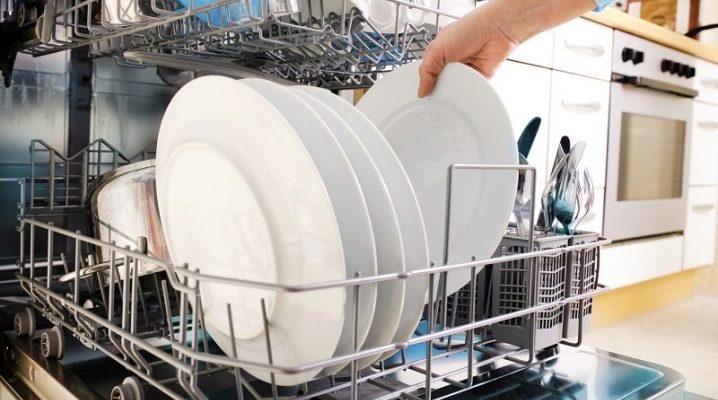
A dishwasher is a great achievement of human thought and a great helper in everyday life, but not a universal unit for washing everything in the house. Although many have adapted, besides the dishes, to load all sorts of non-standard things into it, and it really works. At the same time, not every dish can be entrusted to the dishwasher. In our article, we will try to understand this confusing topic and indicate as precisely as possible what should be trusted by the machine, and what is better to wash it by hand.
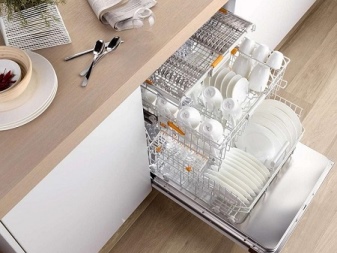
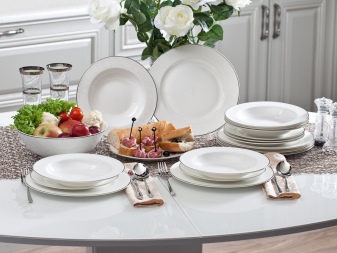
What can be washed in the dishwasher?
The beginning of the production of dishwashers dates back to the 60s of the last century, but the labeling of the dishes allowed for loading began much later. This is especially true for kitchen utensils produced in our country. Those who use old dishes will not be able to find explanatory signs on them. And it is difficult to understand whether a machine wash is recommended or not for tableware with gilding, glaze or other coating.
In intensive mode, the water heats up to a temperature of 65-75 degrees. If the program includes soaking and rinsing with hot water, the dishes can stay in these conditions from 1.5 to 3 hours. Plus, active detergents are added to the water. It becomes clear that not every product can withstand this kind of hygiene. Let's start a review of those items that are not afraid of prolonged treatment with hot water and chemicals.
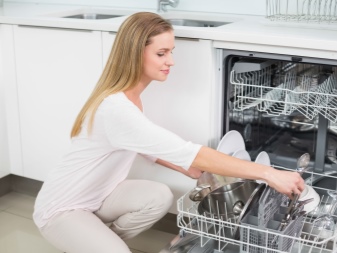
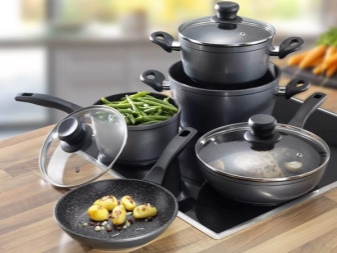
Ceramics
Durable material resistant to high temperatures and household chemicals. Ceramic dishes feel great in the dishwasher, do not change color and do not form cracks.
But keep in mind that gilding and handcrafted patterns applied over glaze will be at risk on any material.
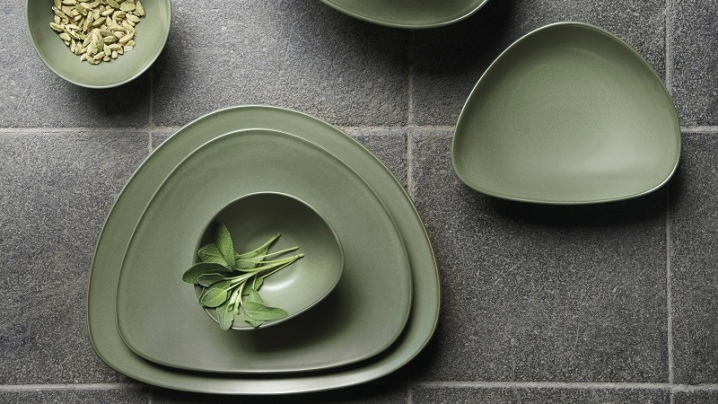
Glass
Products made of thick glass can withstand intensive washing. This is especially pleasing during the procurement period, when you need to wash three-liter and other cans. Thin, but tempered glass is not afraid of any dishwasher executions. In other cases, you need to set a gentle program that does not exceed a temperature of 50 degrees. Glassware should be placed loosely in baskets, leaving gaps between objects up to 3-5 cm - this will protect them from accidental movements, and therefore chips.
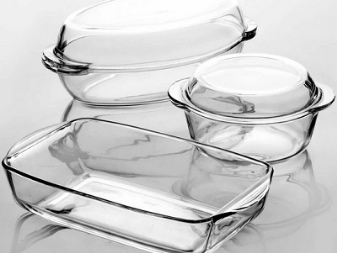
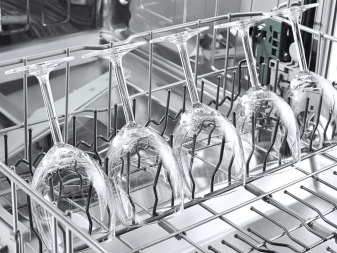
Reusable plastic containers
Plastic has a different structure and not everyone is dishwasher safe. You need to pay attention to the accompanying signs. If it is indicated that the material is heat-resistant, or there is a sign on the product recommending it for washing in the machine, you can safely put the dishes in the baskets. But it should be fixed in some way to prevent movement.
Heat-resistant plastic is used to produce containers for sandwiches, refrigerators, microwave ovens, plastic boards, and reusable bottles. Some products have a specified maximum temperature at which they can be used.
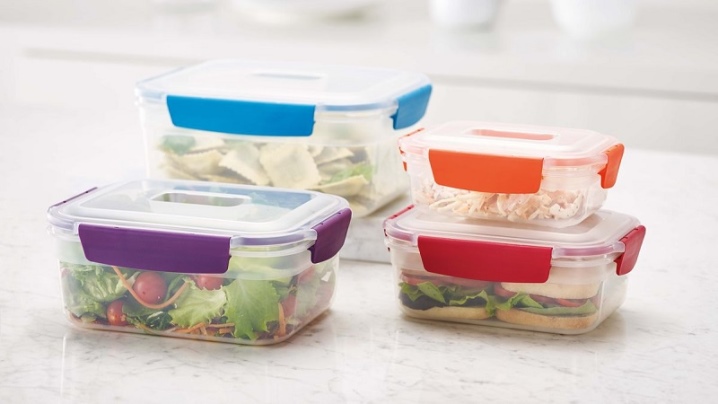
Stainless steel
Stainless steel pots, pots, mugs, bowls, spoons, trays and racks are dishwasher safe. But after the washing cycle, you should not leave the stainless steel for long-term drying.
Conditioned vapors can stain the walls of steel products. It is better to remove such dishes and wipe dry with a towel.
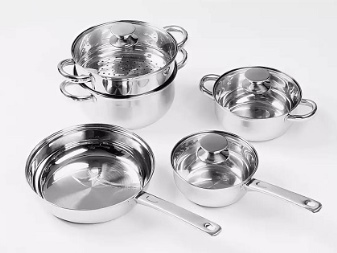
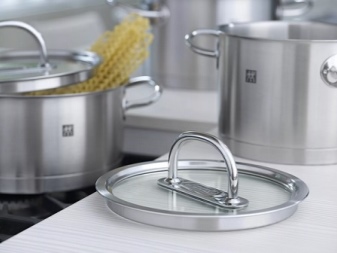
Silicone forms
Baking dishes, toys, pacifiers and bottles without silicone stickers are not only possible, but also need to be washed in the dishwasher. They are highly resistant to heat and chemical detergents, which can clean even the most inaccessible surfaces of molds and bottles. Silicone products suffer more from manual cleaning with abrasive pads. Sometimes manufacturers accompany the product with recommendations on the choice of washing programs for their products.
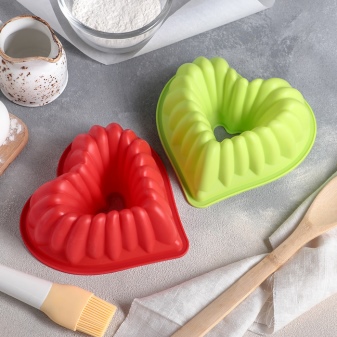
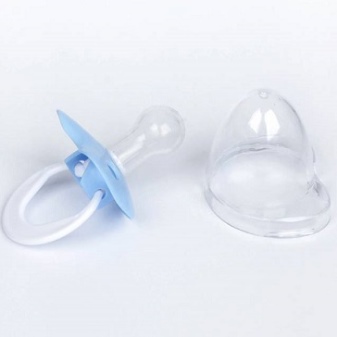
Restricted dishwashing
There are a number of materials that can be used in a dishwasher, but with some restrictions. For example, to withstand a gentle temperature regime, to refuse hot or prolonged drying, to choose the right detergent and proximity to other dishes. The following products and materials should be used with caution in the dishwasher.
Clay pots
Clay dishes can only be washed with a gentle regime and only those that have a protective coating. The porous material does not tolerate hot steam, vibrations and aggressive detergents. With frequent use, the glossy layer disappears, the surface is covered with microcracks. Chemical detergents easily penetrate and linger in damage to the clay layer, dishes become dangerous to use.
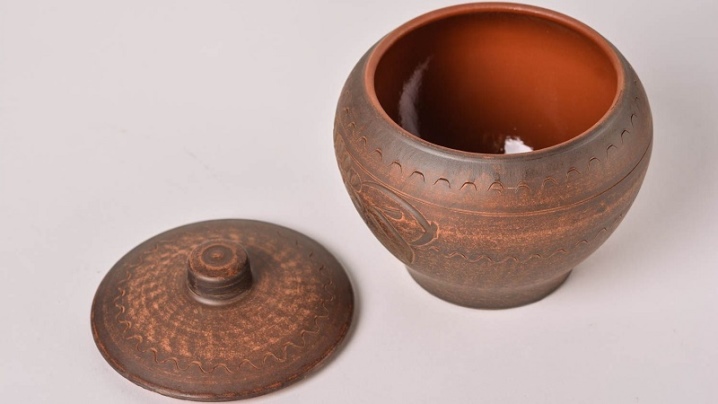
Knives
With knives, graters and other cutting objects, everything is ambiguous. If there is a special compartment for them, household knives can be washed in the dishwasher, with the exception of products with wooden handles. Without an insulating tray, sharp blades can ruin the inner surfaces of the machine itself, damage nearby cutlery, or injure if the dishes are not carefully removed.
It should be remembered that the knives become dull from being in high temperature conditions, they will have to be sharpened often. Carbon steel will rust over time. Do not load silver knives and professional chef's cutting tools, which will eventually lose their ability to sharpen perfectly.
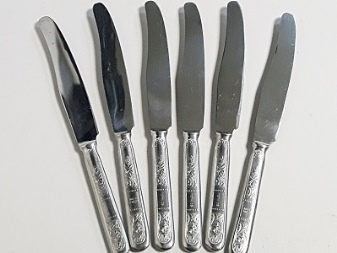
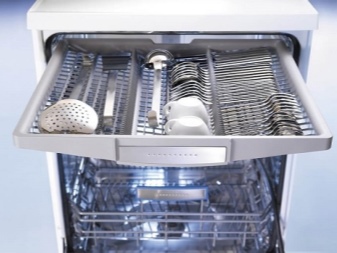
Enameled
The enamel protects pots, saucepans, ladles from damage, but the layer itself needs to be treated with care. It is no secret that the enamel is chipped off from impacts; it can be damaged from frequent exposure to a hot and vibrating environment. In the dishwasher, place enamel dishes in the lower basket, as it is heavy.
The modes recommended by the manufacturer are applied. Unless otherwise indicated, programs with medium temperatures should be used. Powders are chosen soft, without alkalis and other hard elements, but intended for dishwashers.
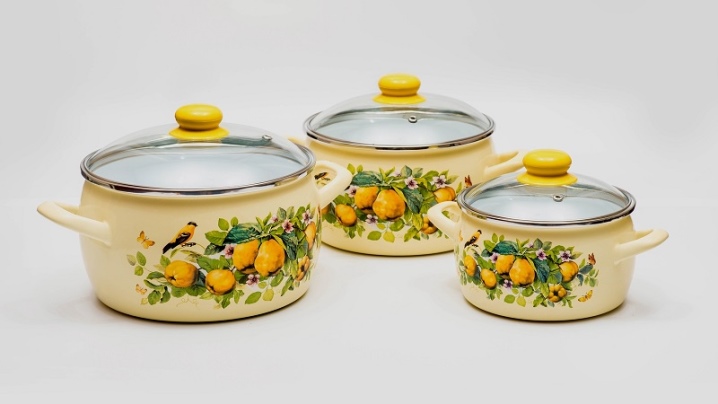
Other
In addition to kitchen utensils that are understandable to everyone, you can use the services of a PM to perform hygiene procedures for other household items.
- Grille from the hood. The mesh quickly becomes greasy and is difficult to wash by hand. As for the dishwasher, not every filter can be put into it. In PM, only those gratings that do not contain aluminum are washed.
- Baking tray. If it is placed in the dishwasher, it is better to machine wash it than to spoil the coating with abrasive brushes, removing burnt grease. The exception is aluminum products.
- Blender. The device can be washed in the PM, but not all of its parts. If you do not want to look after manually, you will have to disassemble the equipment. It is necessary to separate the base from the bowl, remove the knife and put aside the rubber pad - you cannot put it in the machine. When the rest of the parts have been machine washed, the blender must be reassembled.
- Grill. Burnt fat remains on the wire shelf after cooking and is difficult to remove. Many people do this using the dishwasher, believing that the non-stick layer on such items will still not last long, even if washed by hand, so why bother.But a lattice made of cast iron or steel, if you use a PM, will quickly deteriorate, so care should be taken in leaving.
- Teflon. At the request of the manufacturer, Teflon branded dishes can be washed in a dishwasher (if it bears an approval mark). The rest of the non-stick utensils that retailers claim to be Teflon should be hand washed, as the protective layer suffers from prolonged exposure to hot water and from household chemicals.
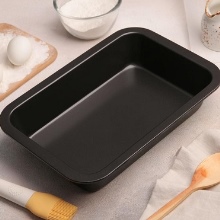
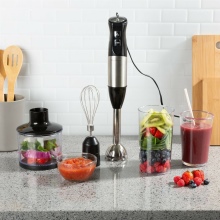
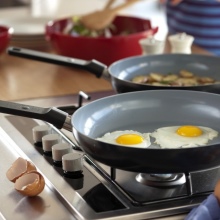
List of prohibited dishes
Not every material is able to withstand high temperatures, steam processing during drying, the use of aggressive chemicals. Some objects rust, darken, grow cloudy, crack.
Today, when dishwashers are widely used in everyday life, dish manufacturers put on their products authorizing or prohibiting signs regarding the use of a machine wash. If there are no such signs, you should inquire whether the dishes can be tested in the washing machine. We will tell you about products that cannot be taken care of using high temperatures and harsh chemicals.

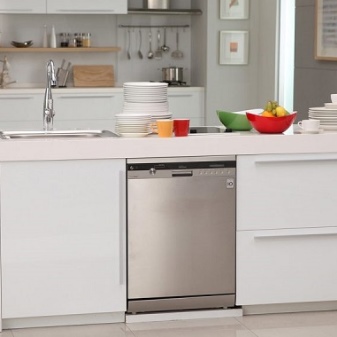
Made of wood
The tree does not react well to water and hot steam. It swells from moisture, cracks from drying out. If there is a coloring layer on salad bowls and candy bowls, it will not persist over time. The porous structure absorbs and retains the contents of detergents, which will adversely affect our health. So wooden boards, bread bins, spoons and other utensils should be washed by hand and wiped dry.
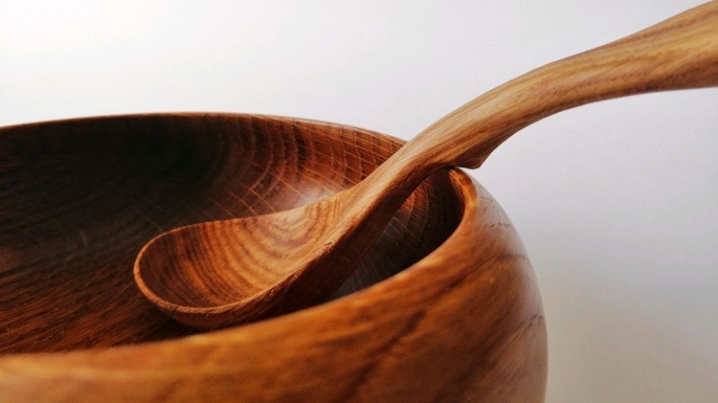
Disposable plastic
There are different types of plastic, their characteristics are largely dependent on the melting point. We have already noted that heat-resistant products can be washed in the dishwasher. They must be made of food grade polyethylene terephthalate or polypropylene; permits are usually placed on such items.
Disposable dishes made of PVC or polystyrene, which have a low melting threshold, cannot be loaded into the dishwasher, they will deform and become unusable. Unmarked plastic should be washed by hand.
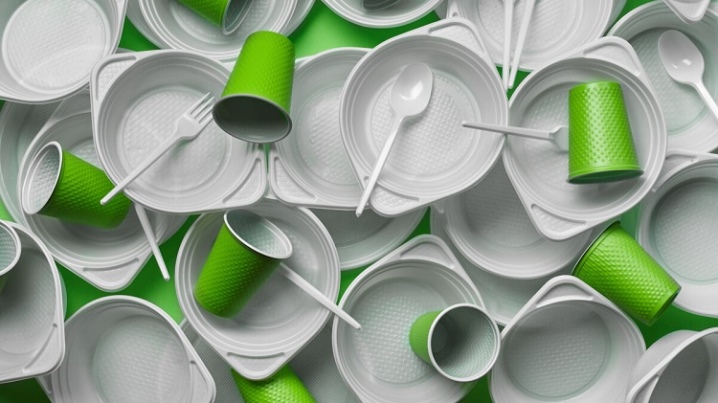
Aluminum
Any housewife, having wonderful modern sets of utensils, will hide 1-2 aluminum pots. It is lightweight, inexpensive, does not corrode, is endowed with good thermal conductivity, unlike enameled dishes, porridge does not burn in it. But this treasure will have to be washed by hand, since the protective layer, which makes aluminum products shiny and safe, will quickly deteriorate from high temperatures and alkalis.
The pot will turn black after the first wash. The same will happen with any other aluminum objects - baking dishes, ladles, mugs, parts from a meat grinder, tools for cleaning fish or crushing garlic.
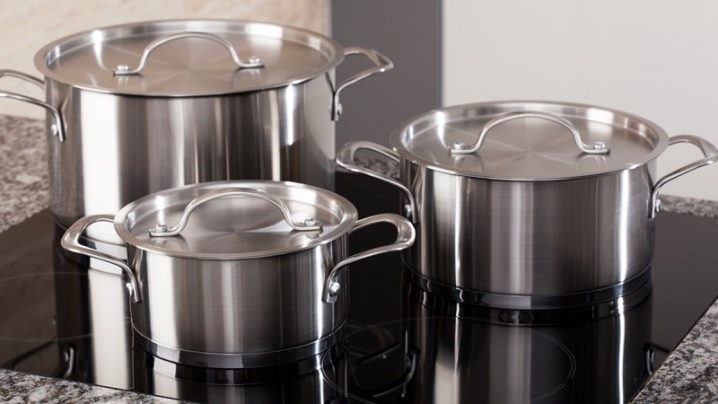
Copper, brass
Basins, cauldrons, kettles and other copper and brass products will go bad in the dishwasher. They do not tolerate alkaline and acidic environments, aggressive detergents, quickly lose their original color and become covered with dark spots.
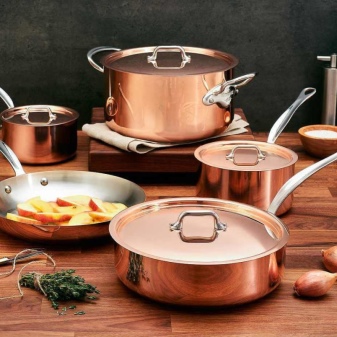
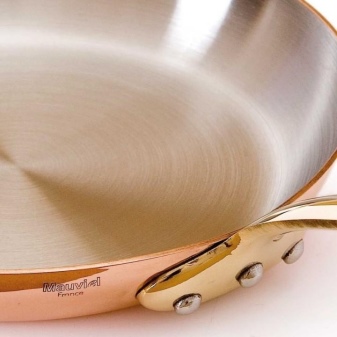
Cast iron
Many people love heavy cast-iron pans, ducklings, cauldrons because the food in them, even the most capricious, does not burn, it languishes and is steamed well. It is only necessary to wash braziers, gas stove grates and other cast iron manually. The environment that is created in the PM destroys the protective layer, the dishes begin to rust.
In places where the layer disappears, food burns and remains on the walls of the utensil.
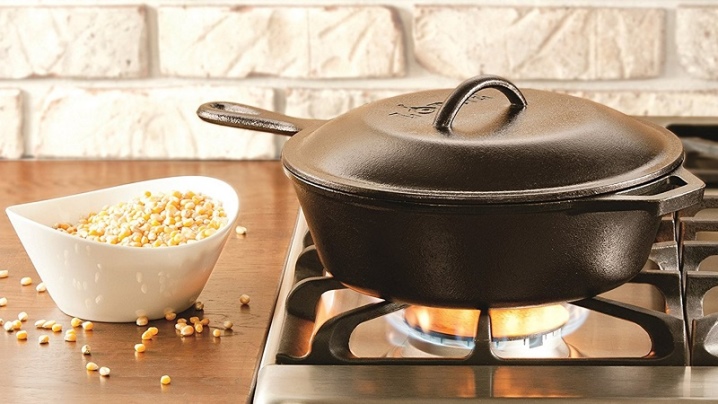
Silver
Silver is a delicate metal; it turns black even from air. At high humidity, the product reacts with divalent sulfur, which can be in the air. This happens with low-grade silver or if a lot of copper predominates in the master alloy. Silver dishes placed in the dishwasher suffer from detergents, they turn black and become stained.
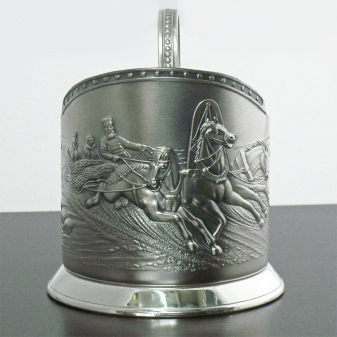
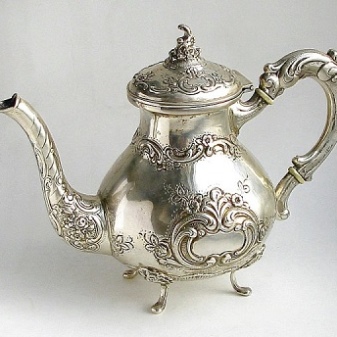
Cupronickel
Cupronickel is a durable alloy consisting of copper and nickel, it does not collapse under the influence of boiling water, powder and hot steam, but it easily loses its noble appearance. Owners of cupronickel dishes should not send them into the dishwasher, since the copper in the composition reacts with household chemicals, which noticeably spoils cutlery, teapots, Turks, and plates.
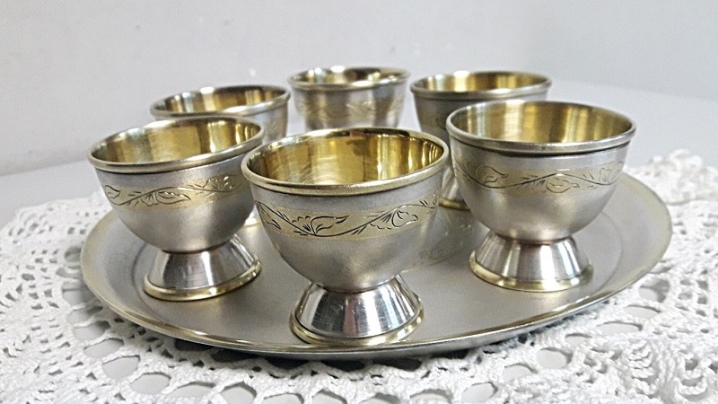
Thermos
Thermo cups and thermoses should be hand washed. When washing in a machine, the heat-insulating layer is easily damaged and the dishes become useless. Even if the product does not have a heat-insulating wrap, during intensive washing, water gets into the space between the body and the flask. Due to the specifics of the device, moisture that has got into the gap cannot leave it, over time it "suffocates" and begins to exude an unpleasant odor.
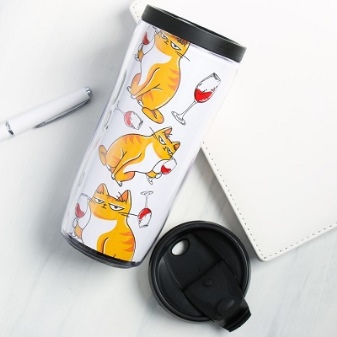
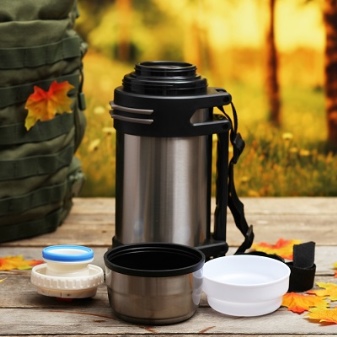
Gzhel
Blue and white ornamental ceramics for everyday use tolerate machine washing well. Decorative items made of fine porcelain with hand-painted cobalt painting cannot be washed in PM, the drawing will fade over time. We recommend a hand wash with the addition of vinegar to maintain the gloss of the glaze.
As for porcelain with other types of coating (except for gilding), it can be washed in the PM using a gentle mode, but not left to dry. Remove to the "drying" mode and wipe dry with a towel.
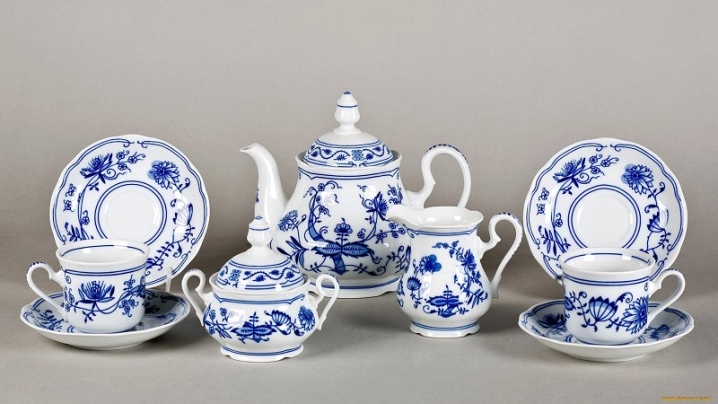
Crystal
Delicates cannot be put in the dishwasher basket. High temperatures, water pressure, vibrations have a bad effect on delicate dishes. Today they are already producing PM with modes for delicate washing, housewives come up with all sorts of ways to fix objects and protect them from vibration.
In any case, it is better to wash the crystal by hand, and then rinse it in water with vinegar, restoring its beautiful shine.
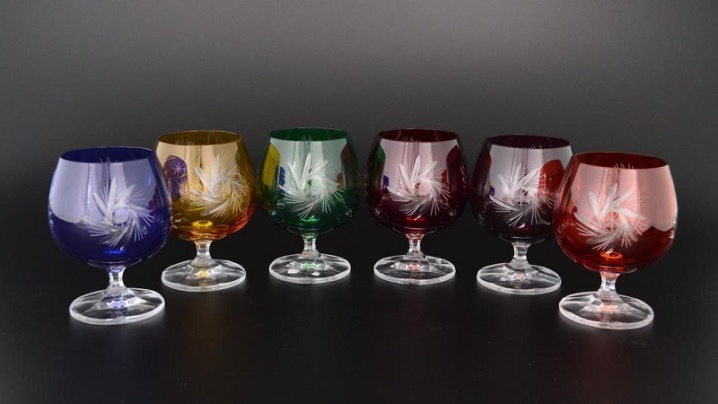
Electric kettle
The electric kettle and any other electrical kitchen appliance must not be placed in the dishwasher. The metal contacts will oxidize and the equipment will become unusable. Even when rinsing with running water, you must avoid getting moisture inside the device.
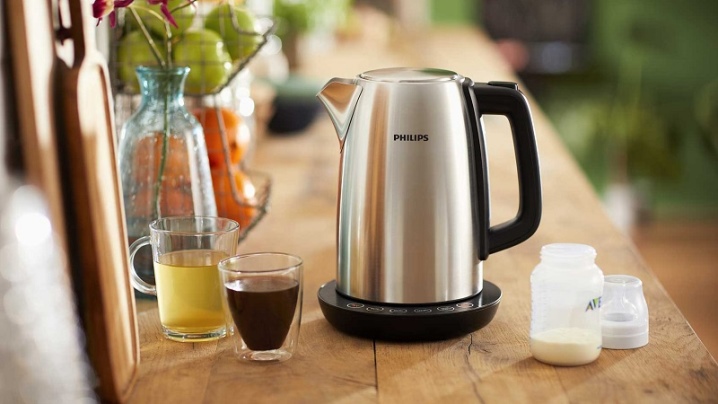
Non-standard items for washing in the car
In addition to dishes, the hostesses have adapted to washing other non-standard items in the dishwasher, for example, the following:
- fruits and vegetables, without the use of detergents;
- children's toys made of suitable materials - they are not only well washed, but also disinfected;
- shoes (sneakers, ballet flats, slippers), if there is a mode with a low temperature and drying without warming up;
- vacuum cleaner nozzles;
- flower pots;
- caps - wash well and do not deform;
- shades, glass parts of chandeliers.
The dishwasher greatly facilitates the household load of the family, you just need to be careful about the items that are loaded into it, check the permits marked on them. Otherwise, you can create problems for yourself, spend time and money on restoring damaged things, or even lose them altogether.

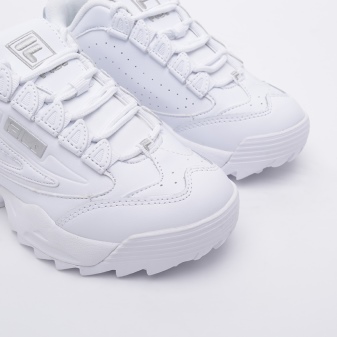













The comment was sent successfully.